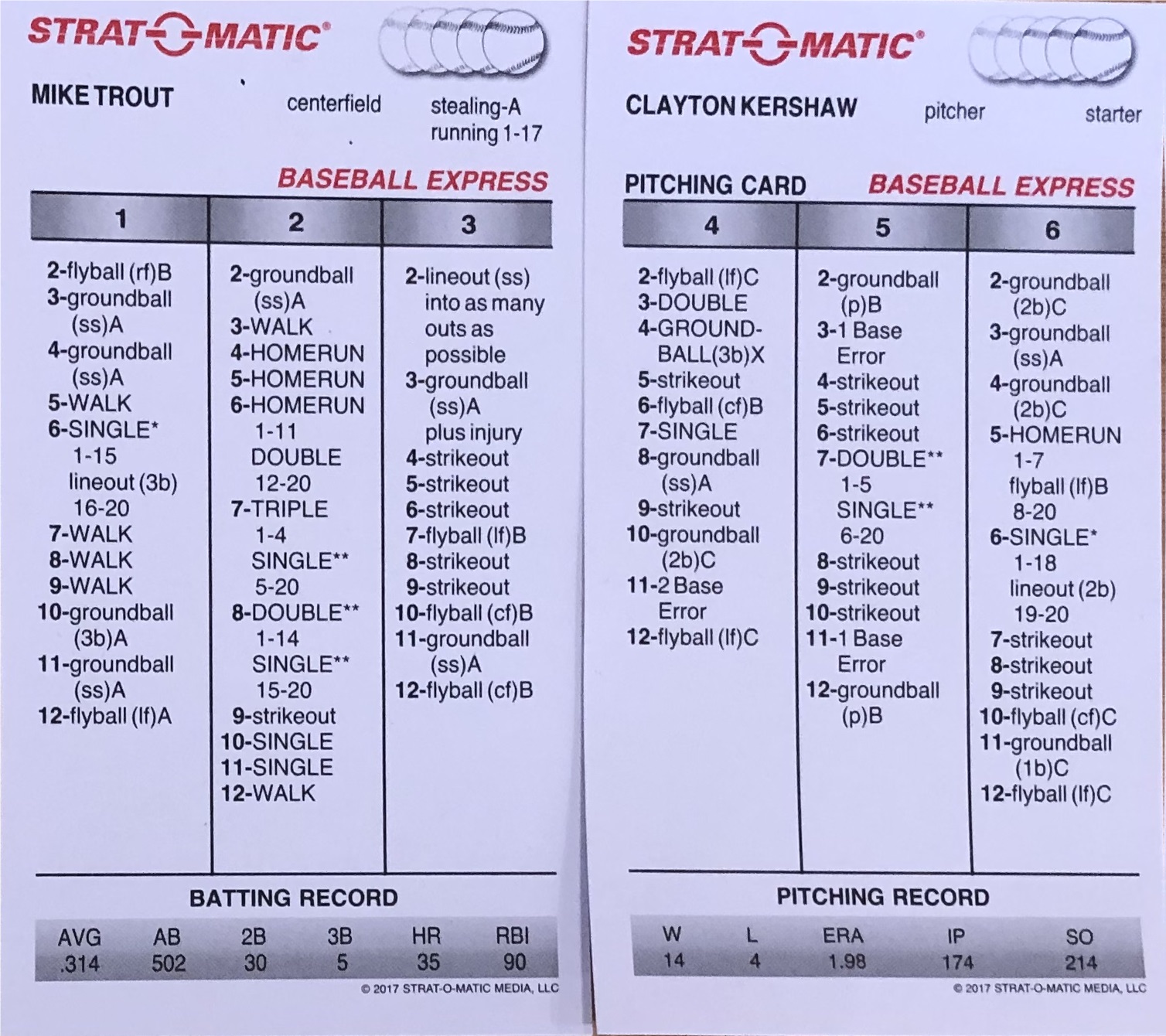Analyzing the Prospect Player Pool: AL East
Many species of shark, most commonly lemon sharks, give birth in shallow, nutrient-rich mangroves teeming with small sea life that can easily sustain their offspring while also insulating them from the predators typically found in deeper, open waters. Most young sharks spend years feasting in these hazy, sandy green mangroves until they’ve grown, then head out to sea. Some leave the safety of the roots and reeds early and enter the blue black depths at greater risk of a grisly fate. Many of them won’t make it. The ones that do will likely become the strongest of all the adult sharks.
Now that teams have announced their 60-player pools for the upcoming season, we can see how they’ve balanced rostering players who can help them compete this season with prospects for whom they’d like to ensure playing time, while avoiding prospects whose service time clocks they don’t want to risk winding. Below, I have analysis of the prospects in the player pools for the AL East clubs. I’ll be covering every division in the coming days, with some divisions requiring their own piece and others combined where appropriate.
Two of our site tools go hand-in-hand with this piece. The first is The Board, which is where you’ll want to go for scouting reports on all of these players (click the little clipboard), as this piece focuses on pathways to playing time and potential roles and strategic deployment rather than on scouting. Perhaps the more relevant visual aid are Jason Martinez’s RosterResource pages, which outline the player pools that have been dictated by all 30 teams in a depth chart format, and also include columns that indicate where the prospects in the pools rank within each club’s farm system.
A couple roster mechanics to keep in mind as you read: Teams are allowed a 60-player pool. They don’t have to roster 60 guys from the start; not doing so allows them to scoop up released or DFA’d players without cutting someone. Within those 60 players still exists the usual 40-man roster rules from which teams will field an active roster of 30 players, a number that will shrink to the usual 26 as the season moves along. Big league clubs are allowed a three-man taxi squad that can travel with the team but isn’t part of the active roster; that squad must include a catcher (this is clearly to mitigate the risk of some injury/COVID/travel-related catastrophe). Players not invited to big league camp, or who aren’t on the active roster (40-man players and beyond) when the season begins, will train at an alternate location, typically a nearby minor league affiliate. Lastly, only players in the 60-man pool (including prospects) may be traded during the season. Read the rest of this entry »


